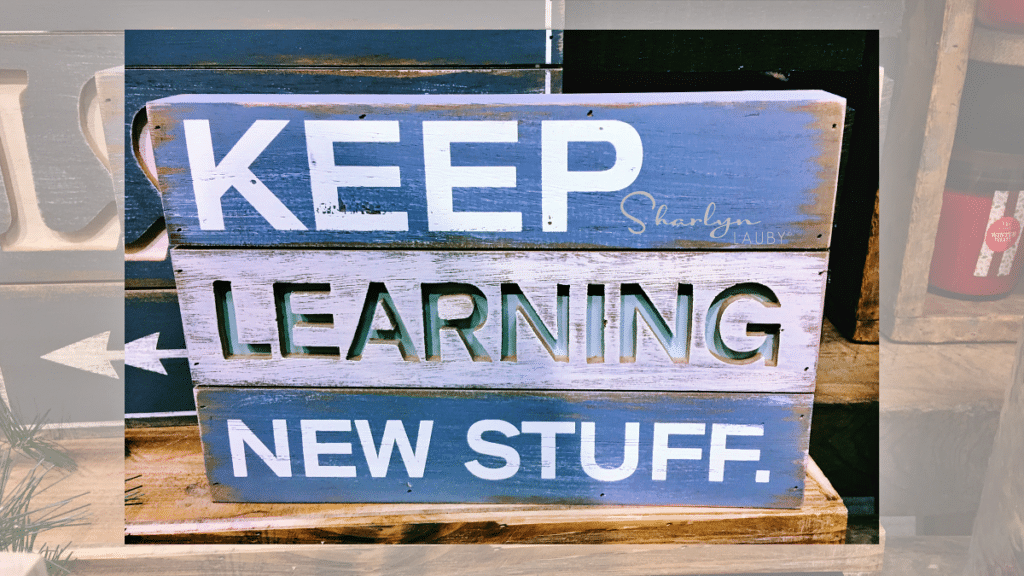Estimated reading time: 3 minutes
I recently received a note from a reader about employee suspensions.
I am currently suspended from work because of what I said in a private message to my mother-in-law. I haven’t been given any information regarding how long or what’s going on.
Obviously, there are lots of things we don’t know. But instead of spending our time talking about everything we don’t know…let’s talk about coaching, discipline, and suspensions.
I’ve always felt the purpose of performance coaching was to help employees change their behavior. One of the most common things I’ve coached employees on is attendance. We can use that as an example. An employee starts showing up late, then the manager should speak with them. I’m not talking about discipline (yet). Employees will make mistakes. We’re human. So, the manager can coach them, and (hopefully!) the employee’s performance improves.
Sometimes, even after coaching, an employee’s performance will not improve. The manager will need to explain to the employee that the next infraction will result in disciplinary action. When it comes to discipline, often organizations use the concept of progressive discipline with the employee receiving verbal warnings, then written warnings. The idea of progressive discipline isn’t to punish the employee but to escalate the conversation to a more formal level. The goal is still for the employee to change their behavior.
If the employee’s behavior still doesn’t improve, organizations might suspend an employee. In my experience, the suspension was viewed as a “last chance” for the employee to take the matter seriously and change their behavior.
There is another scenario when suspensions come into consideration. Sometimes an employee’s actions might be considered serious or severe, and instead of following the typical progressive discipline steps, the employee is suspended pending an investigation. The company’s employee handbook might indicate those actions which prompt an immediate suspension.
Of course, if the employee is unable to improve their performance or the actions are grounds for termination, then that might be considered or happen.
HOWEVER, whether it’s performance coaching, discipline, suspension, or termination, an employee should know what they are doing incorrectly. And they should know what the correct action is. Employees cannot correct or improve their behavior if they don’t know what they did wrong. Again, that’s the purpose of coaching and discipline – to correct an employee’s behavior.
Getting back to today’s reader note. Honestly, I don’t know why the reader is on suspension. I do know that the reader should have that information, including how long the suspension will last.
Organizations should have consistent coaching and discipline policies. If you’re looking for templates or policy samples, check out the Society for Human Resource Management (SHRM) website. There are also law firms and consulting companies that offer similar information. Managers should be trained on the proper way to have conversations with employees. And the legal risks associated with inconsistent and incomplete disciplinary discussions. If a manager is new, they should be able to work with HR until they’re comfortable having conversations on their own.
Image captured by Sharlyn Lauby while exploring the streets of Kansas City, MO
The post How to Handle an Employee Suspension – Ask HR Bartender appeared first on hr bartender.



0 Commentaires